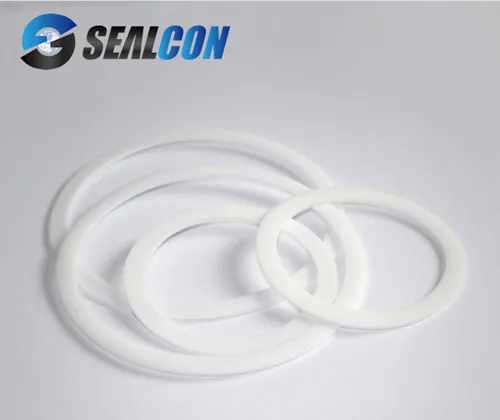PTFE Seal
Polytetrafluoroethylene (PTFE), also known as teflon/teflon or plastic king, is a copolymer of tetrafluoroethylene monomer. First, it was developed for national defense and cutting-edge technology and development but later it has gradually extended to civil use, which is generally applied to corrosion-resistant pipes, containers, pumps, high frequency communication equipment and wireless electrical equipment with high performance requirements.
PTFE seal has become the common seal material for its unique properties.
Performance of PTFE Seal
Stability: almost all chemical resistance, strong acid, strong alkali or strong oxidizer and organic solvents have no effect on it.
Thermal stability: pyrolysis temperature above 400 ℃, therefore, it can work within the scope o - 200 ℃ ~ + 350 ℃.
Wear resistance: the friction coefficient of PTFE material is extremely low, only 0.02, which is 1/40 of rubber.
Self-lubricating: the surface of the PTFE material has a prominent self-lubricating property, and almost all of the viscous material cannot adhere to its surface.
Selection of PTFE Seal Material
However, the pure PTFE has the low strength and the abrasion performance is not very perfect. Usually some inorganic particles are put into the polymer PTFE, such as graphite, molybdenum disulfide, molybdenum disulfide, aluminium oxide, glass fiber, carbon fiber and so on to improve its mechanical properties. It also can be used with other polymers, such as polystyrene resin (PHB), polyphenylene sulfide (PPS), polyether ether ketone (PEEK), poly (perfluorinated (ethylene/propylene copolymer (PFEP) blending method to extend its damping temperature range and improve the creep resistance. Therefore, different mechanical seal materials produce all knids of PTFE mechanical seals types.
| properties | unit | pure PTFE | glass fibire filled PTFE | carbon filled PTFE |
| density | g/cm3 | 2.2 | 2.3 | 2.08 |
| tensile strength | MPa | 30 | 15 | 13 |
| max. working temperature | ℃ | 260 | 260 | 260 |
-
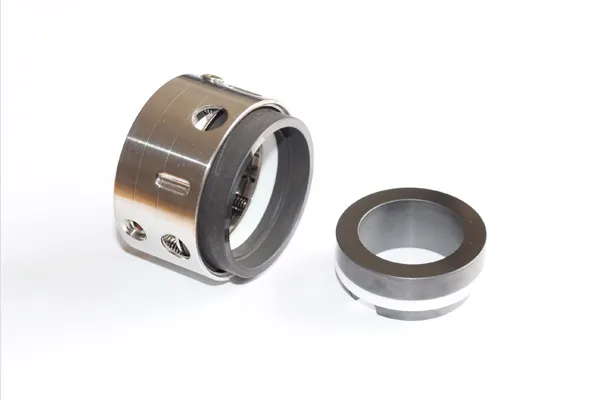 Suitable for all the major pump equipment; generally for low to medium pressure conditions.VIEW MORES >
Suitable for all the major pump equipment; generally for low to medium pressure conditions.VIEW MORES > -
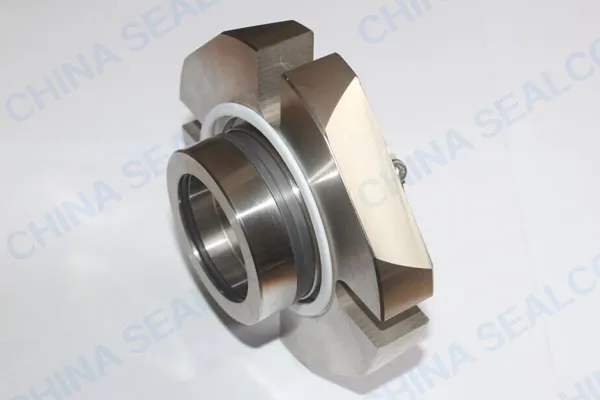 Easy operation of pump shaft seals replacement; stable performance.VIEW MORES >
Easy operation of pump shaft seals replacement; stable performance.VIEW MORES > -
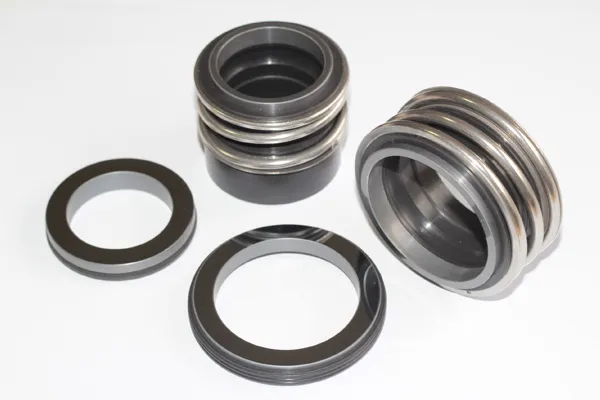 Standard and OEM elastomer bellows seals are available.VIEW MORES >
Standard and OEM elastomer bellows seals are available.VIEW MORES > -
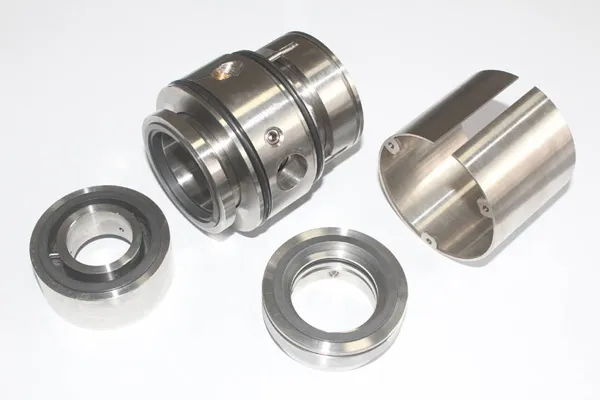 Easy installation and operation; no start-up leakage problem.VIEW MORES >
Easy installation and operation; no start-up leakage problem.VIEW MORES > -
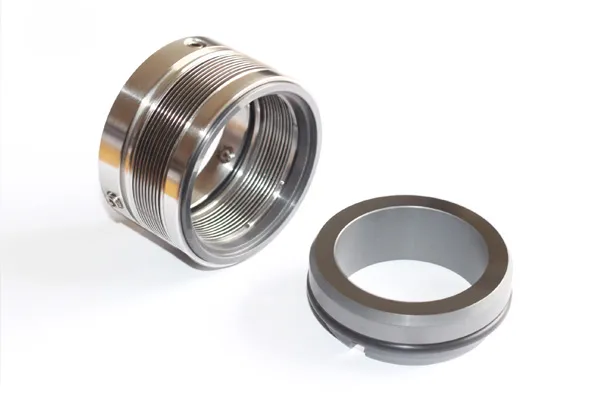 Widely used in high-temperature condition and harsh chemical application.VIEW MORES >
Widely used in high-temperature condition and harsh chemical application.VIEW MORES > -
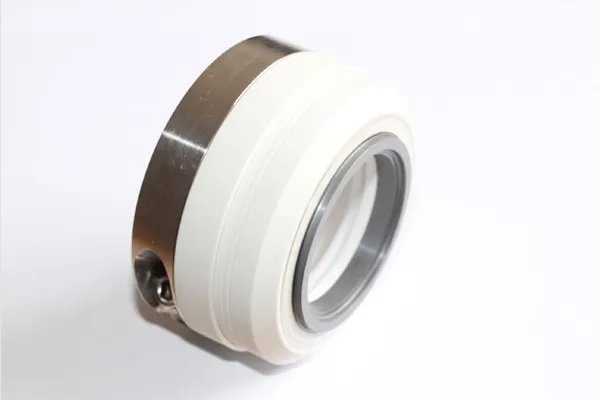 Applied for any chemical medium; long service life.VIEW MORES >
Applied for any chemical medium; long service life.VIEW MORES >

 English
English français
français Deutsch
Deutsch Español
Español italiano
italiano русский
русский português
português العربية
العربية ไทย
ไทย čeština
čeština Polska
Polska

